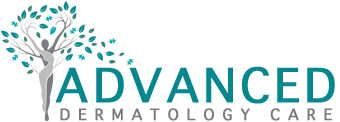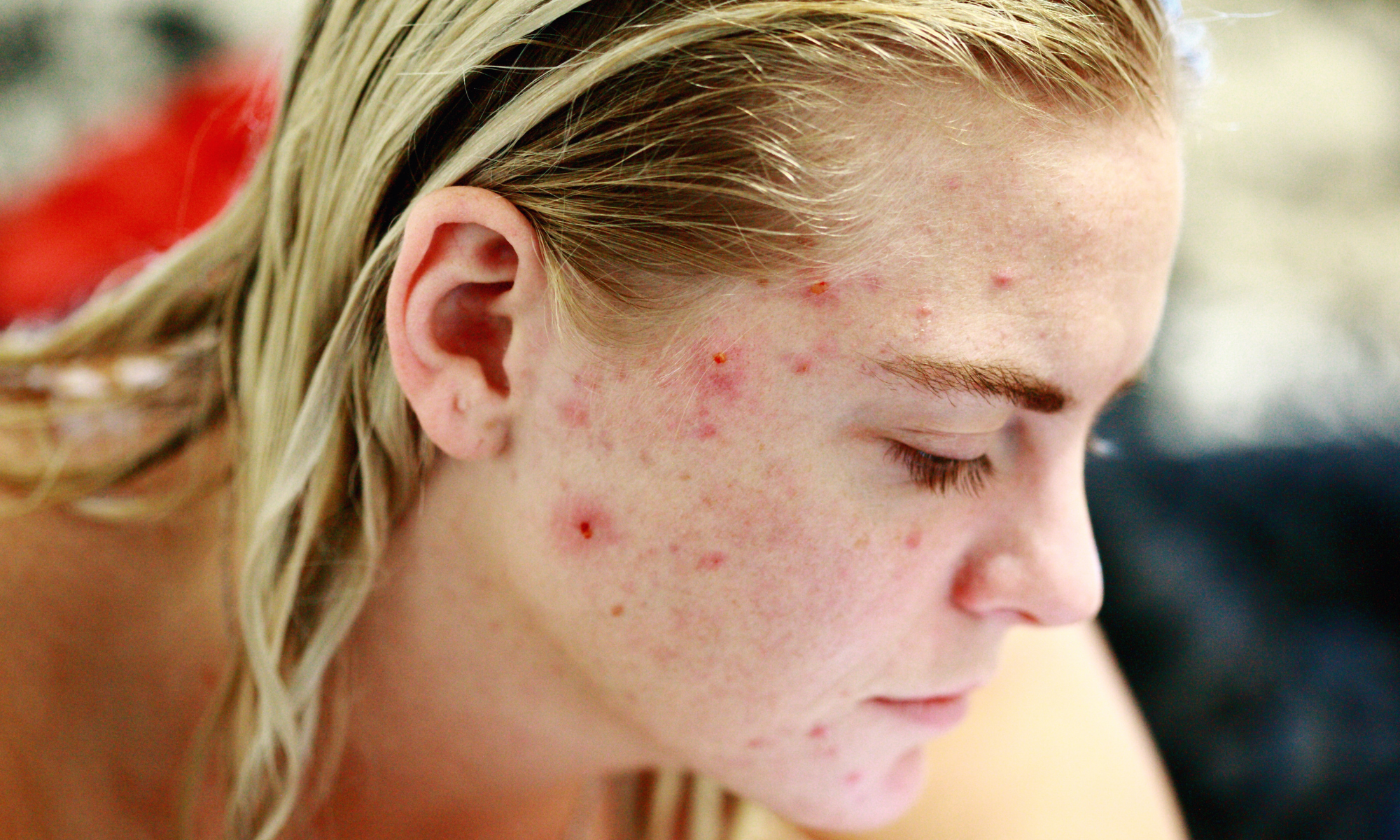Sweat might be a sign of a good workout session or a fun day outdoors, but for those of us prone to acne, it can feel like a ticking time bomb for our skin. Understanding the intricate relationship between sweat and acne is crucial not only for those with existing skin conditions but also for anyone keen on maintaining healthy and clear skin. Here, we’ll explore the complexities of how perspiration can impact your complexion, debunk a few myths, and provide practical tips to stay ahead of breakouts caused or worsened by sweat.
Debunking Myths About Sweat and Acne
The connection between sweat and acne is often misunderstood. Many believe that sweat directly causes acne, but the reality is more nuanced. Sweat in itself does not create acne. In fact, it’s a natural function of the body to regulate temperature and rid itself of toxins. However, for some individuals, the components of sweat or the presence of it can exacerbate acne or lead to conditions ripe for breakouts.
Understanding the Acne Process
Before we blame sweat for our acne, it’s essential to understand how pimples form. Acne is primarily a disorder of the pilosebaceous unit, consisting of a hair follicle and its associated oil (sebaceous) gland. The unit is affected by multiple factors, including hormones, genetics, and the presence of bacteria called Cutibacterium acnes (C. acnes).
The stages of acne formation are, broadly speaking:
- Clogging of Pores: Dead skin cells and sebum (natural skin oil) can block hair follicles, leading to the creation of whiteheads or blackheads.
- Bacteria: When these blockages occur, C. acnes bacteria can thrive, potentially causing inflammation.
- Inflammation: The body’s immune response can result in swelling, redness, and pus — the telltale signs of acne.
The Real Role of Sweat
The precise effects of sweat on acne depend on various factors, including the individual’s skin type and the environment. Here’s why sweat might impact your acne:
- Compositions of Sweat: Sweat is mostly water, but it also contains salt and other chemicals that can affect the skin’s natural pH balance. This change can disrupt the skin’s protective barrier and make it more susceptible to irritation and acne.
- Mechanical Factors: Sweat can mix with cosmetics, sunscreen, and other products, potentially clogging pores and leading to acne. Additionally, wiping away sweat may irritate the skin and spread bacteria, especially if the method and materials used are not clean.
- Environmental Factors: Sweat doesn’t directly cause acne, but it can contribute to an environment in which acne thrives. For example, wet skin that is not properly cleansed can harbor bacteria and lead to breakouts.
Addressing Common Misconceptions
It’s important to dispel a couple of widespread myths surrounding sweat and acne. First, sweat is not inherently “dirty.” It’s produced by your sweat glands to help maintain a constant body temperature and is typically sterile until it reaches the skin’s surface. Second, working out and sweating from physical activity can actually benefit the skin by increasing blood flow and carrying oxygen and nutrients to the skin cells.
Strategies to Prevent Acne Aggravated by Sweat
While we’ve established that sweat alone doesn’t cause acne, it can definitely set the stage for breakouts, especially if not managed properly. Here’s how to keep your skin in top shape, even when you’re breaking a sweat.
Pre-Workout Precautions
Before you start your exercise routine, consider these steps to minimize the impact of sweat on your skin:
- Choose the Right Clothing: Opt for moisture-wicking fabrics that draw sweat away from the skin and allow it to evaporate quickly, reducing the chance of a buildup that can contribute to acne.
- Go Bare-Faced: Makeup can mix with sweat and clog your pores, so it’s best to work out with clean, unadorned skin.
Post-Workout Skincare Routine
After you’re done exercising, a good skincare routine can help mitigate any potential damage from sweat. Remember to:
- Cleanse Thoroughly: Use a gentle, non-comedogenic cleanser to wash away sweat and bacteria. It’s crucial to do this promptly after your workout to prevent potential breakouts.
- Hydrate: Follow up with a lightweight, non-comedogenic moisturizer to keep your skin hydrated without clogging pores. Hydrated skin can help maintain the skin’s protective barrier.
Tailoring Your Routine to Your Environment
The impact of sweat on your skin can vary based on where you are and what activity you’re doing:
- In Humid Conditions: A humid environment can make sweat less likely to evaporate, potentially exacerbating the risk of acne. Be diligent with cleaning and consider more frequent changes in clothing.
- During Workouts: If you’re engaging in activities where you can wipe away sweat, use a clean towel, and try not to rub your skin too vigorously.
Advanced Acne Management for Active Lifestyles
Sometimes, the strategies to prevent sweat-induced acne are not enough. Here are some more advanced steps you can take to manage acne when your active lifestyle is a significant factor:
Professional Treatments
For stubborn cases or persistent acne, it might be worth it to seek help from a dermatologist who can provide treatments like:
- Prescription Topicals: These can be more potent than over-the-counter remedies, targeting the root causes of acne.
- Procedures: Advanced procedures such as light therapy, chemical peels, or even prescription medications might be necessary for severe acne.
Adaptive Skincare
Your skincare regimen might need adjustments if you’re dealing with sweat on a regular basis. This could include:
- More Frequent Cleansing: If your workouts are intense or you’re active several times a day, consider upping your cleansing routine to maintain clean skin.
- Oil-Control Products: Some skincare products are designed to help control oil production and might be useful if you’re prone to sweating.
Diet and Hydration
What you put in your body can affect your skin. Consider:
- Balanced Diet: Nutrient-rich foods can help keep your skin healthy and better equipped to deal with sweat and bacteria.
- Hydration: Drink plenty of water to help flush out toxins and keep your skin hydrated. Remember, hydrated skin is healthier skin.
The Takeaway on Sweat and Acne
Sweat can indeed play a role in the development of acne, but it’s not a one-size-fits-all scenario. By understanding how and why sweat might affect your skin and implementing the right strategies, you can enjoy an active lifestyle without worrying about your acne flaring up. Remember, a good skincare routine, a balanced diet, and listening to your skin are all crucial parts of the puzzle.
Next Steps to Winning the Battle Against Acne
Acne is a common skin condition, and its relationship with sweat is just one piece of the puzzle. If you’re struggling with acne, the most important step is to understand your skin, seek professional advice when needed, and be consistent with a gentle and effective skincare routine.
By being proactive and well-informed, you can take control of your skin’s health and enjoy all the benefits of staying active without the worry of a post-workout breakout. Remember that the health of your skin is as unique as you are, and finding the right balance for you may take some trial and error. But armed with the knowledge you’ve gained here, you’re well on your way to radiant, healthy skin—even after the sweatiest of sessions.

